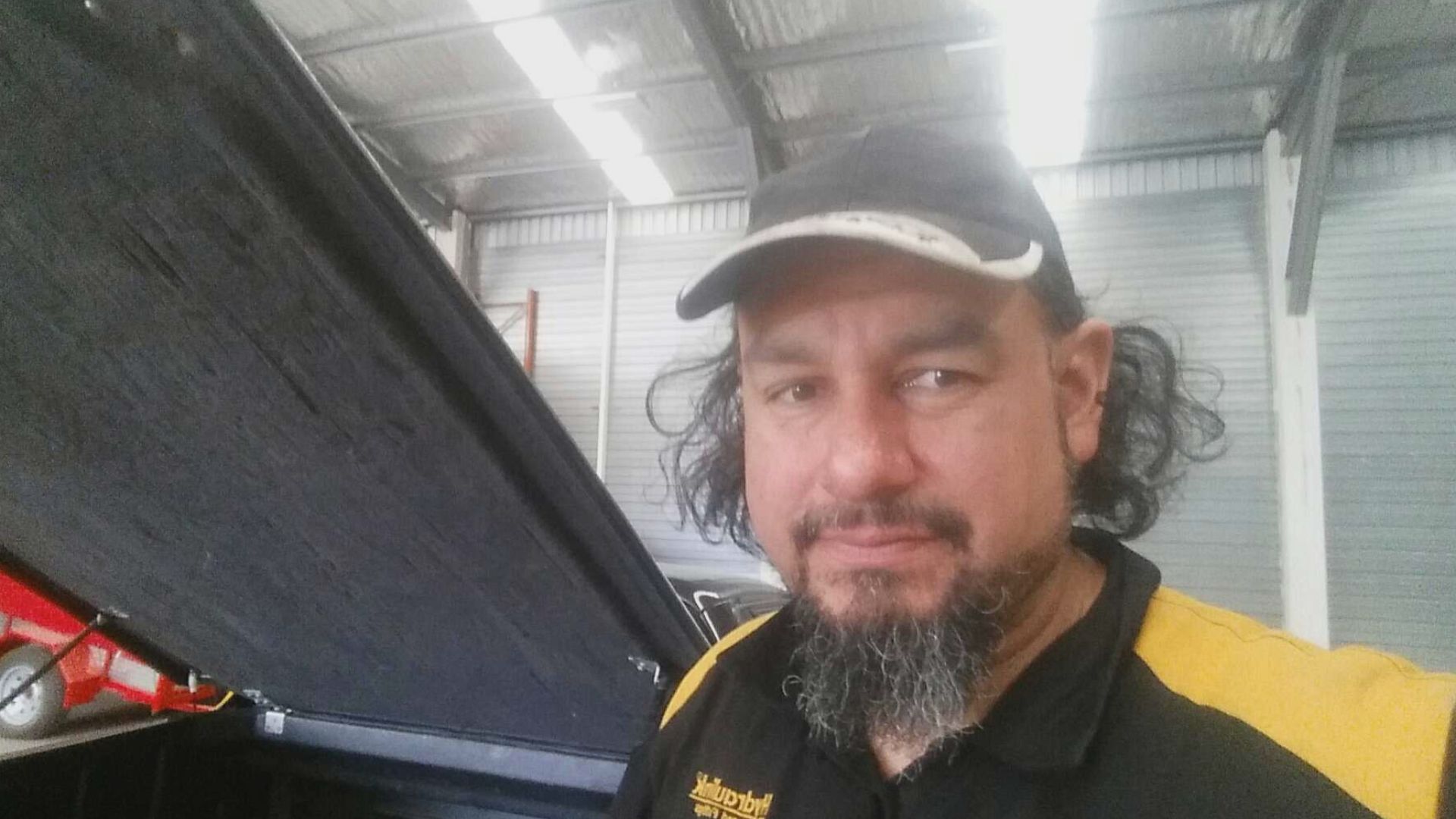Canada
Sixties Scoop Survivor sent to New Zealand in 1975, looks for support to reconnect with his family in Manitoba

A Sixties Scoop Survivor who was taken from a northern Manitoba community in 1975 and sent to New Zealand, wants to return home to learn his history. But with little government support, he may have to pay out of pocket to return to the country that he claims once sold him away.
“As I’m older now and am looking into it, it’s obviously affected a lot of people in a lot of different ways, so for me, it’s an emotional roller-coaster, it’s up and down,” said Jonathan Hooker.
Hooker was 18-months-old when he was taken from his Indigenous family and adopted by a New Zealand couple in 1975 as part of the Sixties Scoop. A practice from the 1950s to 1980s where Indigenous children were forcibly placed in non-Indigenous homes across Canada and beyond.
“Deep down inside me there was always the connection to the Indigenous side of it, but again I didn’t understand it.”
Jonathan’s journey to reconnect with his roots began with an ancestry test from his mother-in-law. Six months later, he was contacted by a half-sister in Texas, whom he recently met, along with his biological uncle.

“When I met my uncle and my sister there were a lot of similar traits just little things the way we acted and did things, and I was like yah that’s cool,” Hooker explained.
Though his adoptive parents were open about his Indigenous heritage, Jonathan grew up knowing little about his origins and only learned of the Sixties Scoop three years ago.
Now decades later, he hopes to visit Manitoba with his wife in August of 2026, to meet his extended family, but the roughly $10,000 cost is a significant hurdle.
“It will add the pieces of the jigsaw puzzle together for me, I guess not knowing there has probably been a part of me not complete always something in the background going why am I the way I am,” he explained.
Sixties Scoop survivor and advocate Coleen Rajotte has been supporting Jonathan on his journey, emphasizing that his story is not unique and highlighting the broader lack of support for survivors looking to reconnect with their communities.

“It’s upsetting to realize that this is going on and it’s 2025,” said Rajotte.
“We are all getting older, and these things need to be dealt with now because by that time we will have lost more of our people.”
Crown-Indigenous Relations acknowledged the Sixties Scoop and highlighted support programs like the 2018 Settlement Agreement, which included compensation and a $50M Healing Foundation. However, no government funding is available for travel to reconnect with family.
CityNews has reached out to the province which said that services are available to adoptees and their birth family members through the Manitoba Post-Adoption Services, which includes accessing birth documents and social history information from adoption records.

“Further, reunification services are available to assist adoptees and birth family members with re-establishing family connections. The Department of Families is establishing a dedicated staff position within this team to support Sixties Scoop Survivors and should start within the coming months,” read the statement from the province.
“Emergency funding may be available through Southern Chiefs’ Organization, through their Pathways to Healing Program, of which Sandy Bay Ojibway First Nation is a member. The Sixties Scoop Healing Foundation may also be of assistance with costs associated with reunification.”
